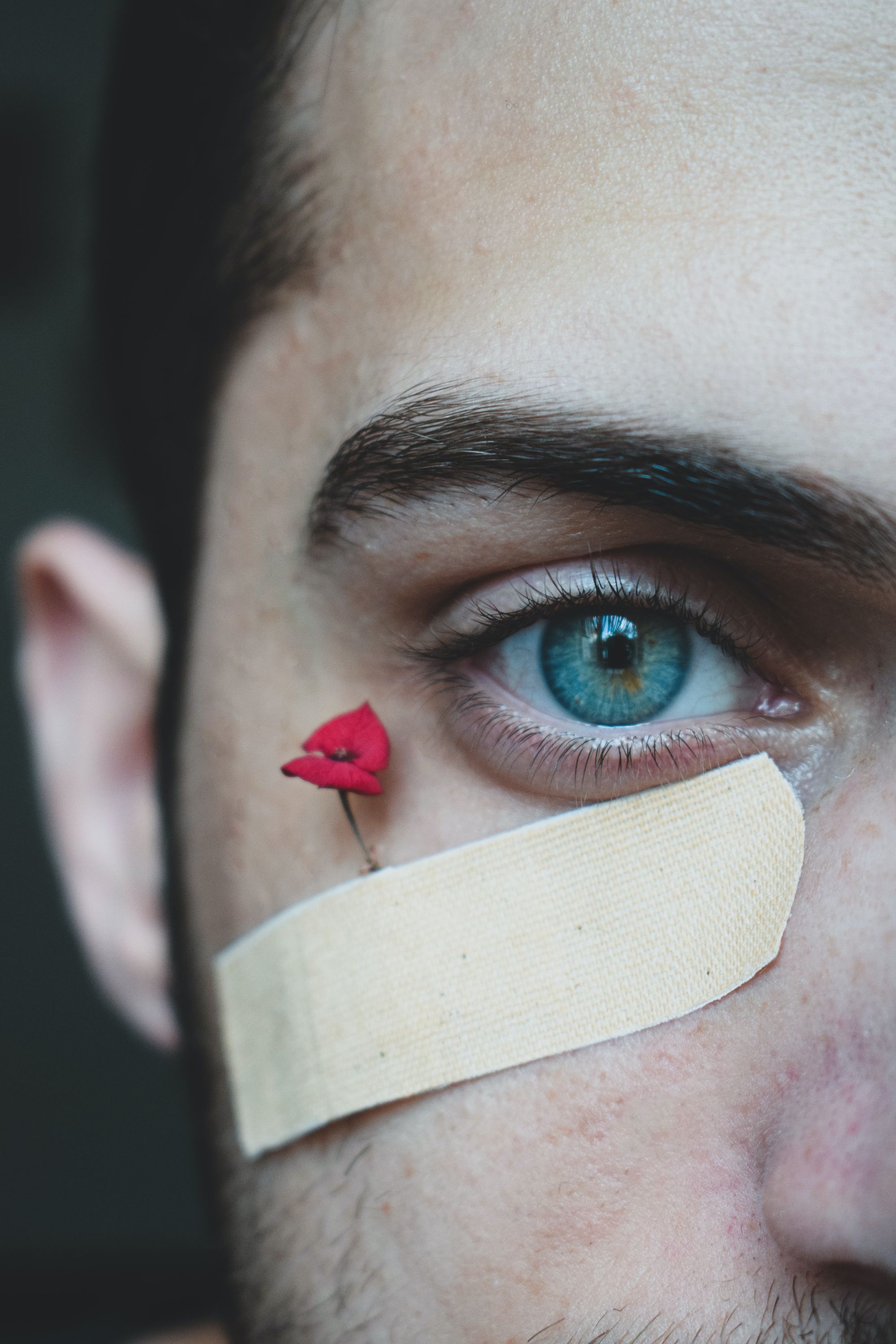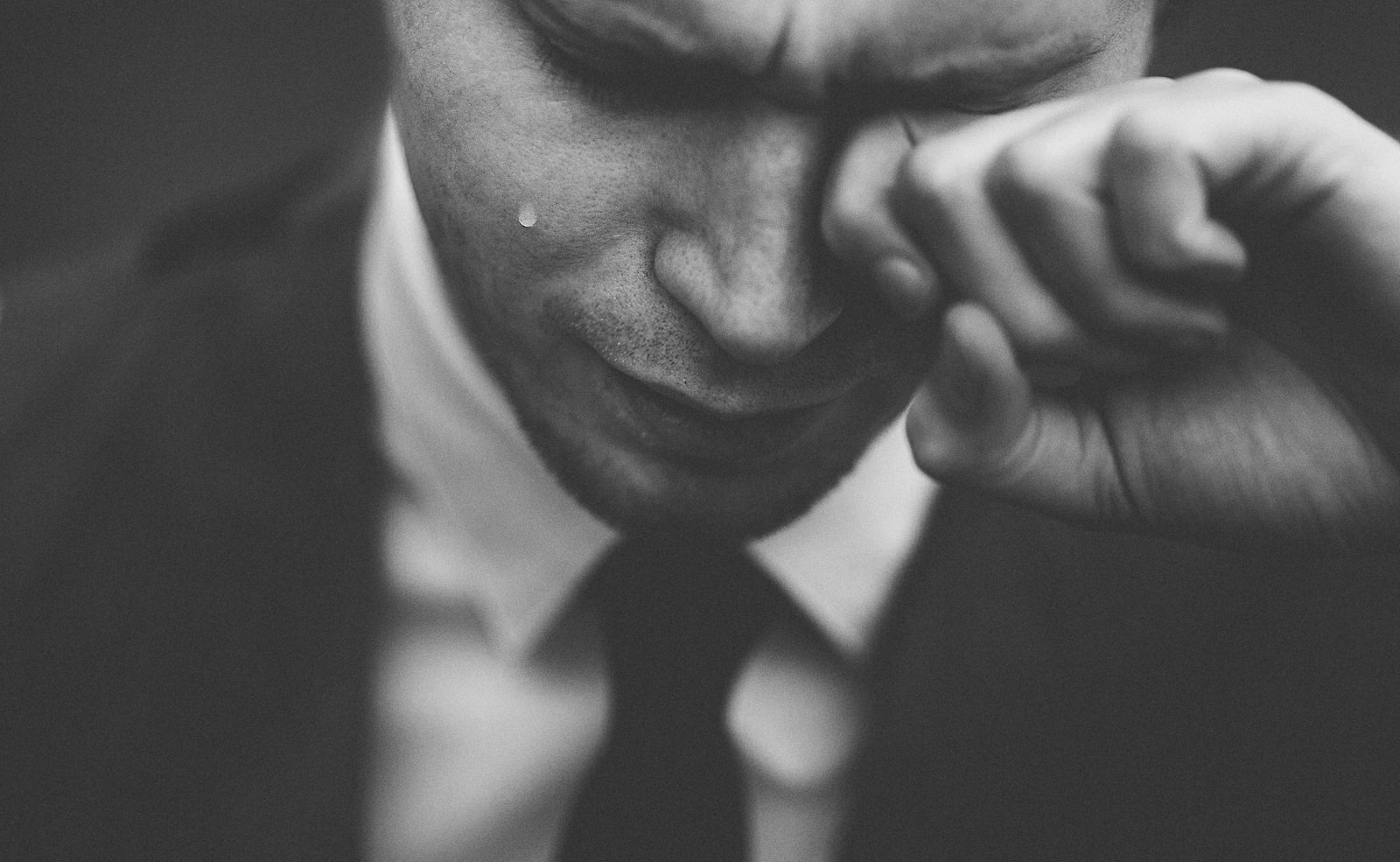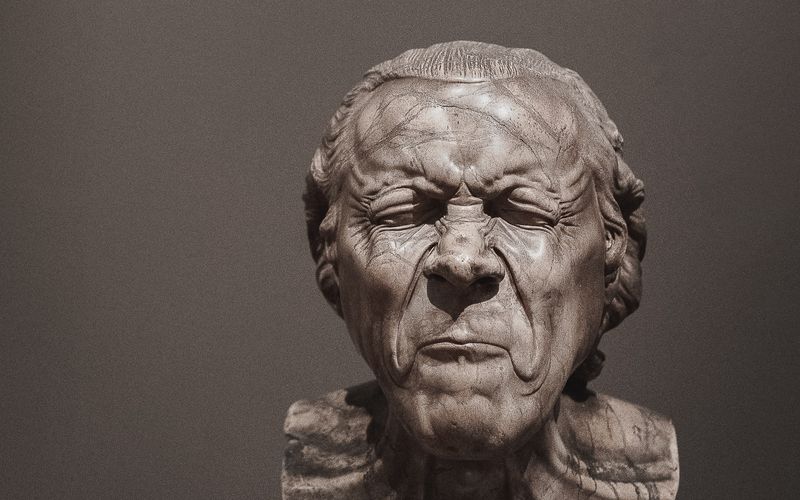The evidence is clear - men who cry often create a more profound and emotionally satisfying life.
Amid the stoicism that often defines masculinity, crying remains a curiously taboo act. Let's delve deeper into the science and psychology of why every man should embrace this natural and often cathartic response.
The Biological Explanation
Tears, a biological response, play an intriguing role. Scientific research indicates that shedding tears allows the body to release built-up stress hormones and toxins, providing relief from emotional distress. Emotional tears, particularly, have been found to contain higher levels of stress hormones. As per a study conducted by Dr. William Frey, a biochemist and tear expert, this means that emotional tears can indeed act as a significant stress reliever. And here's the kicker - this process isn't solely about emotions; it has genuine physiological benefits.
Intriguingly, there's more to it. As heart disease remains the leading cause of death for men worldwide, the cardiovascular benefits of crying are of significant interest.
Several scientific studies, such as the research by the American Institute of Stress, suggest that crying can lower blood pressure, reduce manganese, and moderate breathing. These physiological changes can potentially contribute to healthier hearts. So, from a purely biological standpoint, embracing a good cry could translate to a longer and healthier life for men.
The Emotional Connection
Our mental and emotional well-being is inextricably linked with the act of crying. When men cry, they engage in emotional release, a vital component of mental health. This is critical in a world where the male suicide rate is alarmingly high. Suppressed emotions, a byproduct of traditional male stereotypes, can lead to severe mental health issues. Crying provides an essential emotional outlet, allowing men to process grief, frustration, and heartache.

Crying is a release valve for pent-up emotions, offering men a pathway to express their feelings genuinely and without restraint. When men cry, they acknowledge their humanity, their vulnerability, and, paradoxically, their strength. Embracing vulnerability in this way helps men become better partners, fathers, and friends.
The statistics are poignant - an estimated 9.2% of men in the United States experience daily feelings of severe psychological distress, often left unexpressed due to societal pressures. However, embracing the power of tears can become a critical mechanism for processing these emotions, reducing this mental health burden.
The Societal Stigma
For centuries, society's expectations have imposed a rigid definition of masculinity, discouraging any form of vulnerability, including crying. These norms have compelled men to conform to the archetype of the 'stronger sex,' wherein emotions are managed with an iron will and a stiff upper lip. However, as societal attitudes continue to evolve, the notion of masculinity should transform alongside. Men must be encouraged to cry when they feel the need, allowing emotional expression without fear of judgment.
The statistics are telling - men in most countries have a suicide rate that is three to four times higher than that of women.

While many factors contribute to this, the suppression of emotions, a byproduct of traditional male stereotypes, plays a significant role. Encouraging men to seek emotional release, even through crying, can play a substantial part in combating these concerning trends.
The Power of Connection
Crying is not merely a solitary act; it can also be a communal one. Men who cry break down emotional walls, fostering deeper connections with those around them. Such vulnerability strengthens relationships and nurtures empathy, breaking the cycle of isolation and emotional repression.
The evidence is clear - men who cry in front of loved ones often find that it deepens their connections, creating a more profound and emotionally satisfying life.
As per a study published in JAMA Pediatrics, greater emotional openness between fathers and their children is linked to lower levels of conduct problems and emotional symptoms in those children.
The Release of Grief
The human experience inevitably includes loss, and with loss comes grief. Allowing oneself to grieve openly is a vital part of the healing process. Crying is an intrinsic aspect of this process. While it cannot take the pain away, it can help in coping and moving forward.

Scientifically, crying during grief can be seen as a coping mechanism. It aids in acknowledging the emotions associated with loss.
According to research by Dr. Lauren Bylsma at the University of Pittsburgh, crying might have evolved as an attachment behavior, a signal for support that helped our ancestors survive.
Crying is not a sign of weakness; it's a sign of strength. It is a powerful and cathartic release that can positively impact a man's life, his mental health, and his relationships. It's time to debunk the age-old myths that prevent men from embracing this vital human experience. Embracing one's vulnerability can lead to a more balanced, emotionally fulfilling, and healthier life.






